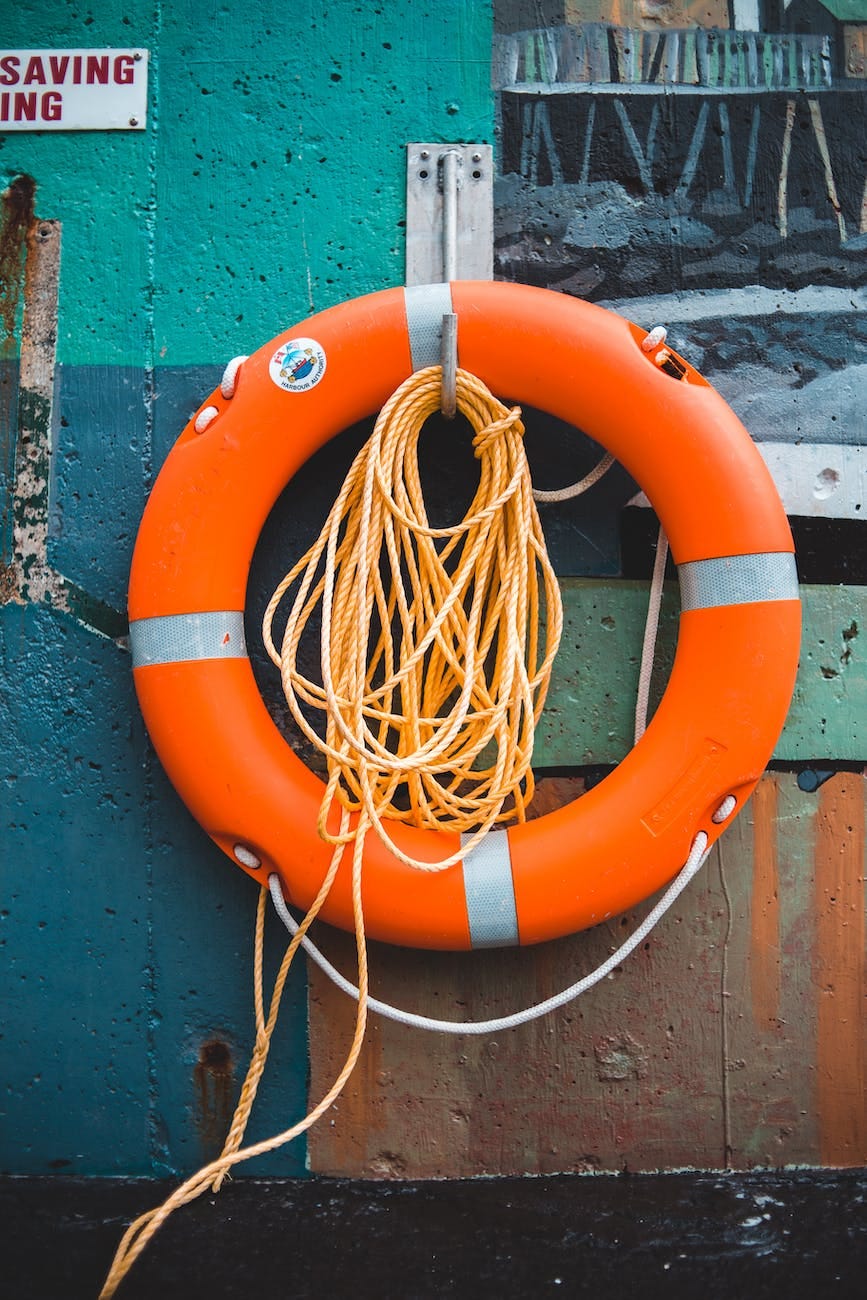What is saving my life?

Everywhere we turn we are told by a soulless calculation what to read, what to watch, what to consume, what to be interested in, what to think. We are awash in what Colin Wright describes as “endless torrents of overt status-seeking, cold selling, and frenzied attempts to claim more of [our] attention”; attempts that amount up to little more than “lowest-common-denominator, value-vacant diversions.”
Earlier this year, I decided to stop making podcasts and videos, and I took a much needed break from social media. I had gotten so caught up in the mindless angst of always-on, content production I failed to notice that nearly all of my efforts were fueling activities that had almost nothing to do with the endeavors that actually matter to me.
I started asking myself questions. Questions I couldn’t quite answer. Some I still can’t. Some I’m still trying to. Questions echoed in the searching angst of Wright’s own:
“Do I want to spend a significant portion of my life…dancing for strangers on the internet so I can maybe attract more followers and likes, which in turn might help me be more successful at other things I care about?”
And,
“Do I want to spend my time and energy coming up with clever posts and videos to increase my online social standing…or would I rather invest those finite resources in the work I actually want to do?”
I forced my feed into a hunger strike. I deleted all the social media apps from my phone, eventually deciding to permanently close my Facebook and Instagram accounts. Like Wright, I started thinking more about “how to intentionally and morally use these tools for the valuable things they still offer”. And, in the process, I recommitted myself to the things I love: reading, stillness, writing, quiet.
The algorithm isn’t your friend. It won’t give you what you’re searching for, only what it thinks you want, only what it thinks you should need. It will only attempt an answer at half the question, and it’s usually the half you’re not really asking. It may analyze your query, but offers nothing to satisfy the seeking at the heart of the question, itself. It will tell you what’s trending, but it won’t tell you what will test the limits of your thinking. It won’t satiate your sense of wonder and mystery. It functions only to further ingratiate you into the cocooned safety of an all too familiar comfort zone. It only seeks to perpetuate the cycle of infinite scrolling sameness.
At best it’s ambivalent, amoral, and uncaring. At worst, it's actively malevolent. In either case, as Seth Godin explains, “we benefit when we realize that the algorithm isn’t rooting for us and quite possibly is working against us.”
I don’t know much of anything for sure. I don’t know much of anything at all really. Maybe none of us do. But, I know that Nick Cave is right when he says that “moments of happiness are not experienced alone,” that “they are almost entirely relational and are dependent on a connection to the Other''. I know that it's easy to become lost, and apathetic, and cynical in the vacuousness and vapidity of a culture bent on ceaseless consumption for consumption's sake alone. But, I think that people honestly and unironically sharing and “talking about what they love and why”, as David Dark suggests, “could turn things around here, there, and everywhere”. And, I think that online spaces do still afford us the opportunity for both.
“What if”, as Jenny Odell asks, “we spent less time shouting into the void and being washed over with shouting in return” and more time listening for the still, small voices that open us up to something noumenally bigger? What if we became less interested in being influencers and more interested in facilitating conversations about what influences us to keep hoping, to keep going, to keep growing? What if we became less interested in gaining followers and likes, less interested in getting somewhere, and more interested in giving attention to the people, places, and things that, as Barbara Brown Taylor suggests, help us to become “more fully human [and] trusting…in the real world”.
What if we became what Seth Godin calls “curators for ideas”? There is a rich swath of writers, and artists, and poets, and ideas that will radically alter the way you see yourself and the world around you, that an algorithm will never put in front of you. But, someone who has embraced the cost of curation can. We can. Austin Kleon points out that Facebook blandly and indulgently asks you to answer questions like “How are you feeling?” Or “What’s on your mind?”. And Twitter asks “What’s happening?” But, what if we started asking ourselves better questions? What books taught us to breathe again? What songs made our souls sing? What art, poems, podcasts, blogs, articles, or films helped make it easier for us to be alive? What if the fulcrum of our relationality and our connectivity to the other rests upon our ability to share the various ways in which we each seek to answer the question: “What is saving my life right now?”
I don’t have it all figured out. I haven’t even figured out a way forward. For now, I just have field notes. Just thoughts and observations. But, maybe that’s how all solutions start. And, this smattering of musing is simply part of what is saving my life right now.

